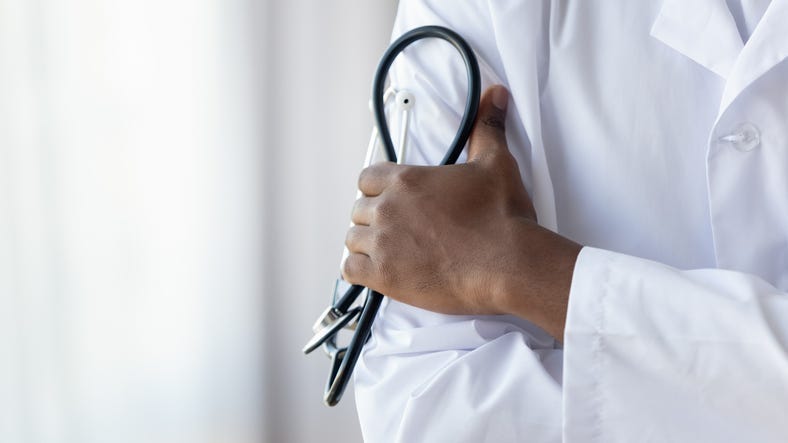
Treatments for COVID-19 continue to advance and increase patient’s chances of survival.
But what is less known is the long-term effects that patients may experience even after they recover from the illness.
"That’s a relatively new recognition, that recovery from COVID may not be a rapid return to one’s previous state of health," said Dr. Lory Wiviott, Chair of Medicine and a practicing infectious disease doctor in San Francisco. Dr. Wiviott said on KCBS Radio’s "Ask An Expert" early Wednesday.
"I would still be optimistic that many individuals will return to their previous state of health, but it may not be in weeks or even a few months, it may take longer," he said.
Because the coronavirus only emerged in the U.S. this year, it is still too early to know whether patients who survive will still be impacted years down the line. However, Dr. Wiviott said there are three areas of concern.
The first is ongoing fatigue well after the virus has passed from someone’s system. Many patients who get sick have reported that they still feel fatigued months after other symptoms such as fever have passed, and they have trouble returning to regular activities or exercise routines.
Damage to the lungs is another concern with any respiratory illness. Dr. Wiviott explained it is common for people to experience temporary and, in rare cases, permanent loss of lung function after a pneumonia such as COVID-19.
It is still unclear whether the virus can have other long-term impacts.
"There are myriad other organ systems involved by COVID," said Dr. Wiviott, who believes it is possible patients could experience long-term cognitive or cardiac damage. The virus has been observed to cause mild carditis or inflammation, which can also impact a patient’s ability to be active and get exercise.
"We don’t have the complete arc of this because of the relative newness," he said, reiterating that even as treatments improve the health impact of COVID-19 can be very serious.

